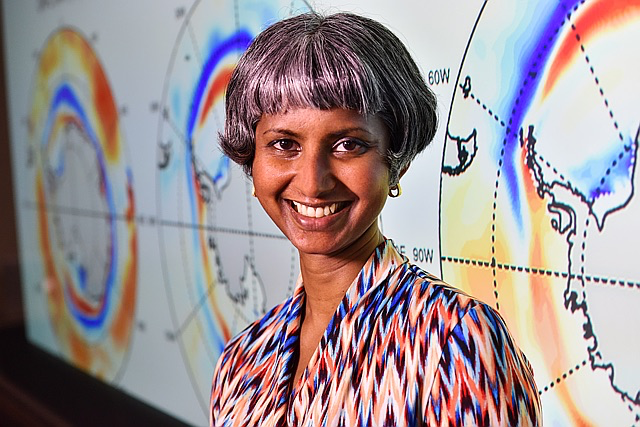Post-Doctoral Position: Explore the Dynamics of High Latitude Climates with us!
Published:
I am looking for a postdoctoral researcher! See the ad below. Please get in touch with me if you’re interested in joining the Climate Lab at the University of Victoria!
